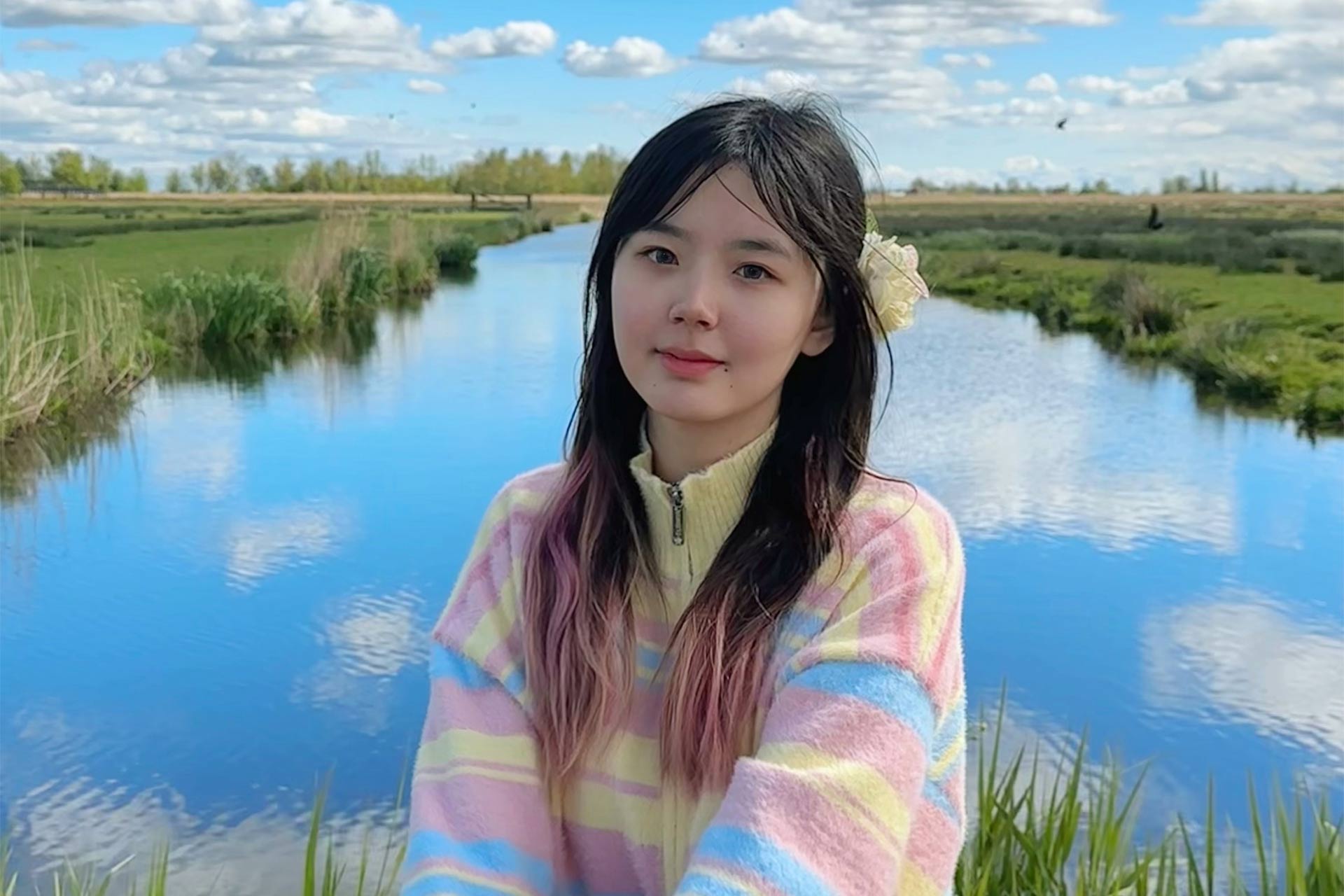
In this blog post, Yingwei Deng answers questions about her time studying for a master's degree in Chinese-English Translation and Interpreting.
What course did you study?
I studied Chinese-English Translation and Interpreting. The curriculum included both translation and linguistics courses, with a mix of compulsory and elective courses. For the final project, students could either write a dissertation or complete a translation project, allowing a great deal of flexibility.
Why did you choose postgraduate study at the University of Liverpool?
I chose the University of Liverpool for two main reasons. Firstly, because it is a partner of my postgraduate university in China (many universities nowadays offer exchange opportunities with other schools). Secondly, the University of Liverpool stands out for its long history and excellent language department, which is why I chose to study here.
What was the best thing about studying your programme?
The best thing for me was the diversity of the course. The lectures and seminars focused mainly on translation, covering various aspects from theory to practice, which significantly improved my translation skills in a number of ways. Additionally, there were courses on literature and linguistics that enriched my knowledge base.
One module I enjoyed particularly was “Literary Translation and the Global Market.” I learned how to pitch myself to publishers, which is helpful for my future career plans. In addition to lectures and seminars, there was also a work placement course. The tutors not only recommended internships for us, but also provided guidance, greatly aiding my future employment prospects.
How did the facilities at the University help you with your studies?
The University's facilities provided me with multifaceted support. For instance, when I did translation work, we required paid tools like Trados and Corpus, and the school’s PC room offered these services for free. The University also has recording studios for creating podcasts, which provided me with a new experience. Most importantly, the new interpreting suite was successfully used this year, featuring interpreting booths that allow authentic interpreting scenarios for translation students, which are helpful for practice and future work.
What kind of support did you get from tutors?
Tutors provided us with academic guidance and also offered advice on thesis writing and practical work. My supervisor also cared about my well-being, which made me feel very warm and supported while studying abroad.
Did you access any of the support services that were available to you? If so, how did you find the service?
Yes, the career centre once guided me in refining my resume. I found the service because the University and the School frequently sent relevant emails, making it easy for students to find and access these services.
What did you enjoy the most about the whole experience?
What I enjoyed the most was the eight-week work placement. My tutor recommended two different job opportunities for me: one involved writing stories for artifacts at the World Museum Liverpool, and the other involved completing translation tasks to help build the School's website. Through these jobs, I not only enhanced my professional skills but also developed my interpersonal and teamwork abilities. This was an invaluable experience for me.
How do you believe undertaking postgraduate study will help your career prospects?
As I mentioned earlier, at the University of Liverpool, I not only acquired theoretical knowledge but also gained extensive practical experience and even had interesting work experiences. I believe all of this will be beneficial for my future development.
What advice would you give to anybody considering postgraduate study?
Firstly, clarify your goals and motivations. Before deciding to pursue postgraduate studies, you should have plans for the future. Consider whether you are pursuing a graduate degree for career purposes, or out of a passion for academia. This will help you have a clearer plan when it comes to choosing specific courses and other related decisions.
Secondly, prepare yourself with the courage to face challenges. Although we may have expectations for the future before embarking on postgraduate studies, we will inevitably encounter unforeseen issues on this new journey. These challenges could be academic work or the need to shift your mindset. Sometimes your initial goals will change with your experiences by the time you complete your graduate studies. However, as long as you have the confidence and courage to face these challenges, the journey of graduate studies will be enjoyable and fulfilling.
Discover our Chinese-English Translation and Interpreting MA